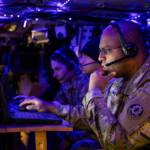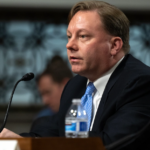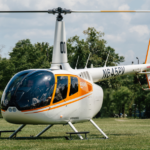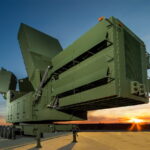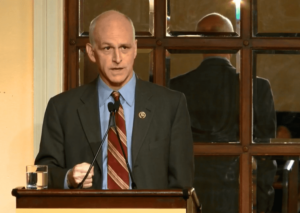
The leader of the House Armed Services Committee (HASC) said Wednesday he expects Congress will move to boost defense spending over the president’s request topline, adding it won’t be by an “insignificant amount.” The comments from Rep. Adam Smith (D-Wash.), the HASC chair, arrive a day after the House Appropriations Committee released its version of the next defense spending bill with a topline roughly matching the budget request and as his committee gets set to markup the next National Defense…

 By
By 